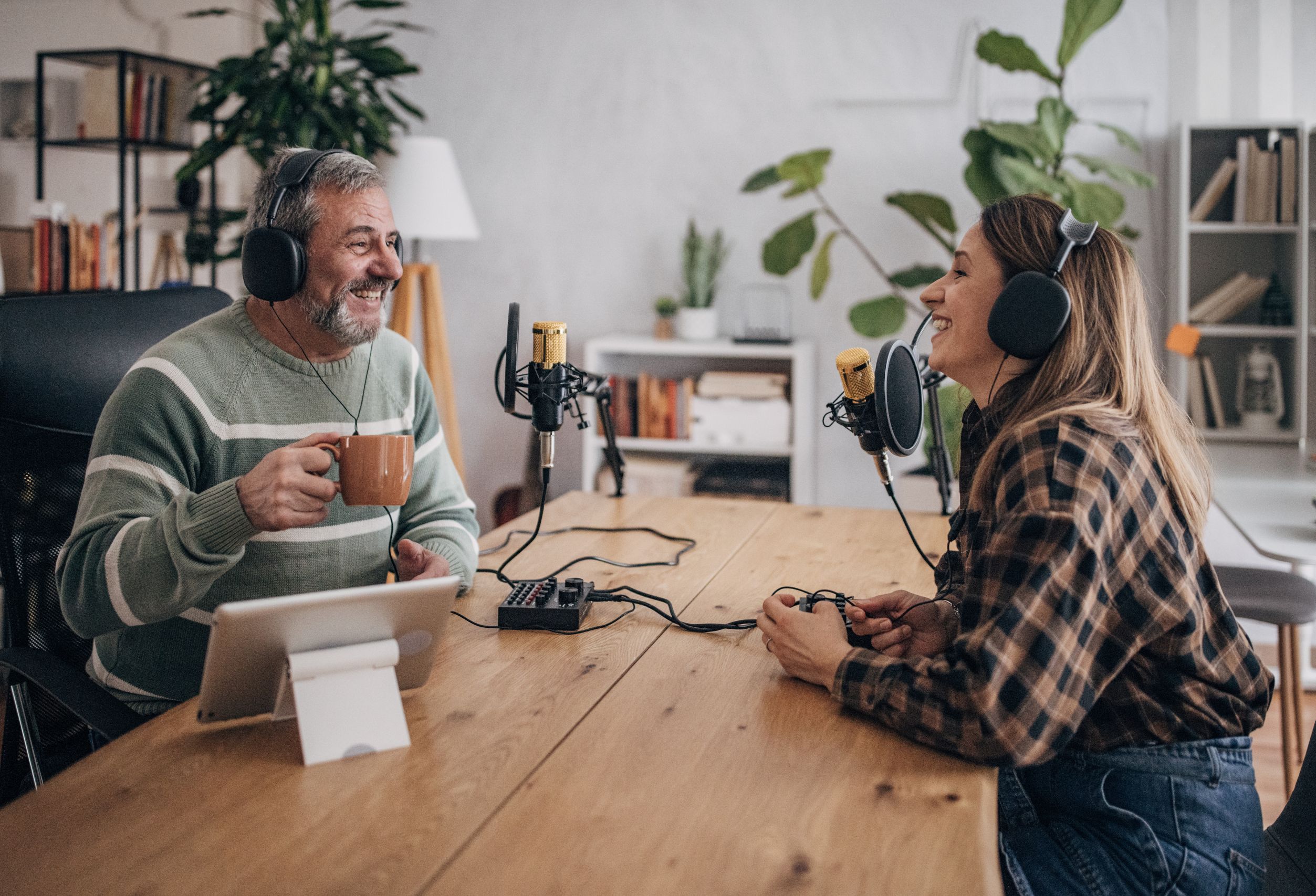Interviewing is a crucial skill for news anchors and radio hosts. A well-conducted interview can captivate audiences, provide valuable insights, and leave a lasting impression. However, conducting a successful interview requires more than just reading off a script or asking basic questions. In this article, we will explore essential interview techniques tailored specifically for news anchors and radio hosts, ensuring they can engage guests effectively, deliver compelling content, and elevate their broadcasting prowess.
Thoroughly Research the Guest
Preparation is the cornerstone of a successful interview. Before the interview, research the guest’s background, accomplishments, and expertise. Familiarize yourself with their recent work, books, articles, or projects. The more you know, the more informed and relevant your questions will be, impressing your guest and demonstrating professionalism.
Develop Open-Ended Questions
Avoid questions that can be answered with a simple yes or no. Instead, focus on crafting open-ended questions that encourage in-depth responses. This approach lets guests share personal stories, insights, and experiences, making the interview more engaging and informative.
Active Listening
During the interview, actively listen to the guest’s responses. Avoid interrupting, and let them finish speaking before posing follow-up questions. Listening intently not only shows respect for the guest but also allows you to identify intriguing angles and delve deeper into the subject matter.
Maintain a Natural Flow
While having a list of prepared questions is essential, don’t stick rigidly to the script. Allow the conversation to flow naturally, and be flexible enough to adapt to unexpected turns. Sometimes, the most captivating moments arise spontaneously.
Stay Inquisitive
Curiosity is the driving force behind remarkable interviews. Show genuine interest in your guest’s insights and ideas. Ask probing questions that delve beyond the surface, encouraging them to explore deeper concepts and emotions. A curious interviewer sparks a thought-provoking and memorable conversation.
Establish a Rapport
Building rapport with your guest is vital for creating a comfortable and relaxed atmosphere. Begin the interview with some friendly banter or a light-hearted icebreaker. This establishes a positive tone and encourages the guest to open up, leading to a more authentic and compelling conversation.
Be Mindful of Time
Time management is crucial in the world of broadcasting. Keep an eye on the clock and ensure your interview stays within the allocated timeframe. Running over can disrupt programming schedules and leave a negative impression on your audience and producers.
Handle Challenging Guests Gracefully
Not every interview will be smooth sailing. Some guests might be hesitant, evasive, or even confrontational. Stay composed and handle challenging situations gracefully. Maintain professionalism and tact, and avoid becoming combative. Skillfully steer the conversation back on track to ensure a productive and respectful discussion.
Embrace Silence
Embracing brief moments of silence can be surprisingly powerful. Give the guest time to reflect on their answers and resist the urge to fill every pause. Silence can prompt guests to expand on their responses, leading to more profound and thoughtful insights.
Mastering interview techniques is an ongoing process that requires practice, preparation and a genuine passion for storytelling. For news anchors and radio hosts, interviews present a unique opportunity to engage, inform, and entertain audiences. By thoroughly researching guests, asking open-ended questions, actively listening, maintaining a natural flow, staying inquisitive, building rapport, managing time effectively, gracefully handling challenging situations, and embracing silence, interviewers can elevate their skills and deliver compelling content that resonates with listeners. As you refine your interviewing abilities, remember that each conversation is a chance to create memorable moments that leave a lasting impact on your audience.

